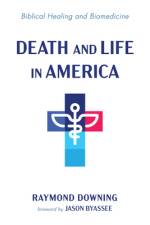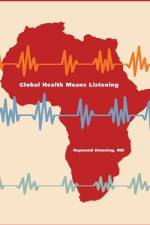- Beyond Medicalization, Imposing Health
av Raymond Downing
359,-
The development of modern medicine is on a very steep trajectory upward--a rise that began only about a hundred years ago. This rise is certainly quantitative, but it is accompanied by qualitative changes in the way we understand and deliver healthcare. This book begins with a look at three recognized periods of medical development--from 1900 until World War II, from the war until about 1980, and the period since 1980.While the common response is to celebrate these developments, this book suggests that perhaps we should also be wary, especially of the qualitative changes. Since World War II, these medical developments have entered more and more areas of our lives. It is precisely this process of medicalization that should be critically examined. Since 1980 we have medicalized life itself. Drawing from medical sociology, the book examines four characteristics of contemporary Western health care: health as a system, risk as a means of understanding health, health as a commodity, and individual responsibility for health. Critical examination of these four tendencies in contemporary health care forms the core of the argument of this important book about the essence of biohealth and medical practice.""It has become common in recent years for critics of US medicine to observe that ''the system is broken,'' but rare for those critics to consider the nature of that system. In Biohealth, Downing examines the origins and development of this system, and convincingly shows that its primary characteristic is unrestrained growth, inexorably pulling more and more of modern life into its orbit. This is essential reading for those willing to grapple with the underside of modern biomedicine.""-Thomas Gates, MDLancaster General Hospital""A profoundly important book for every physician who wonders why they no longer experience joy in the practice of medicine, and for every medical student who wants to understand the malaise of their profession. If Downing is right, and he certainly is, then medicine has been hijacked by a well-intentioned but ultimately perverse crusade for biohealth. In the name of ''health promotion and disease prevention,'' physicians are made to overscreen, overmedicate, and generally harass their patients, ultimately worrying them sick rather than making them well. Reading this book is the first step toward getting off the biohealth conveyor belt. Join the resistance.""-Farr Curlin, MDAssociate Professor of MedicineThe University of ChicagoRaymond Downing is an American medical doctor who has spent all of his professional life working in underserved communities, largely in Africa. He is the author of Suffering and Healing in America (2006) and Death and Life in America (2008).






